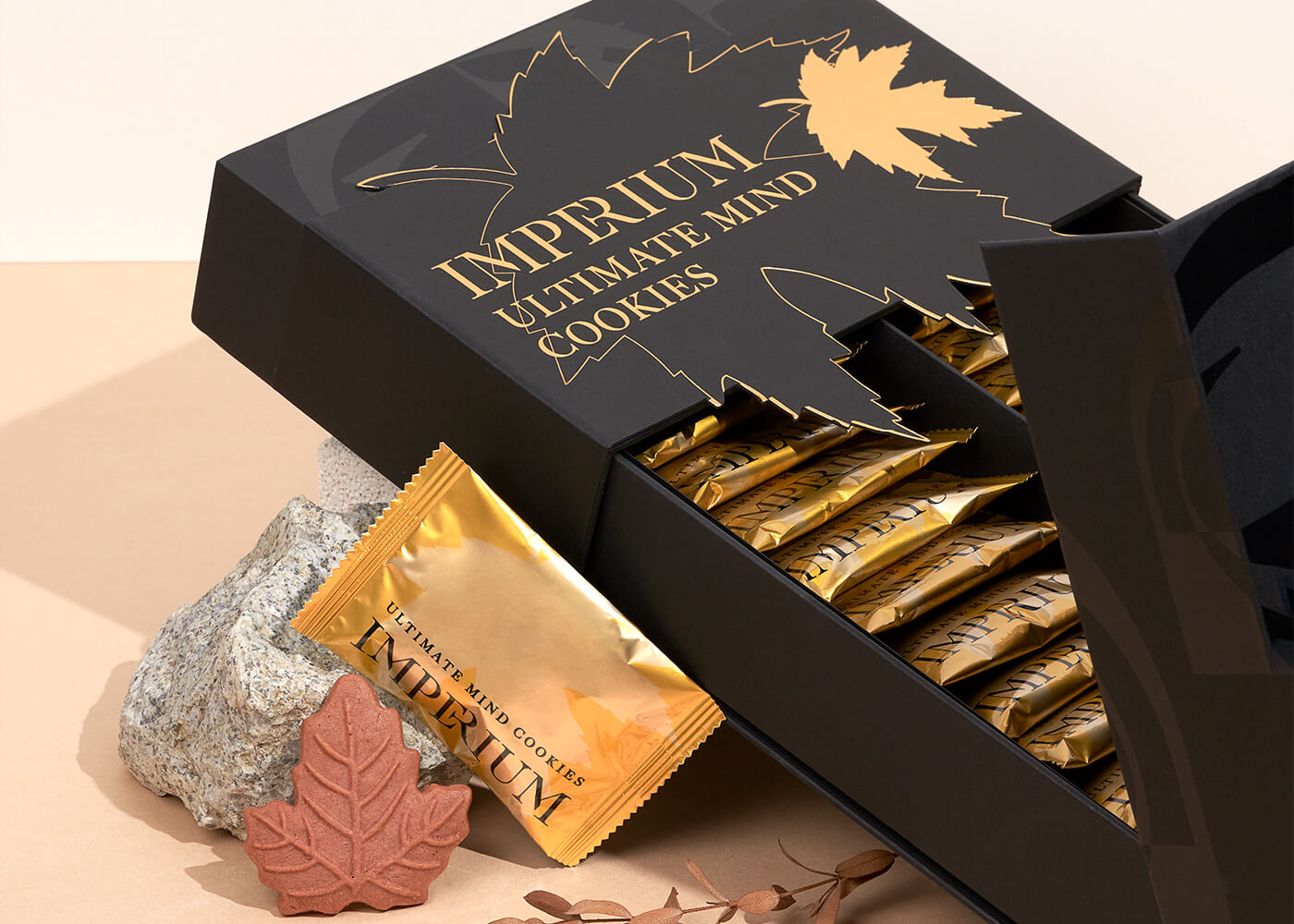


Does memory decline with age?

3 mins to read
Have you realized that as you age, you start getting more forgetful?
Let’s learn the signs of normal aging versus the symptoms of a neurological disease.
Signs of memory loss and normal aging
It is quite common to have difficulty remembering events as we age.
We’ve all misplaced keys and phones, forgotten someone’s name, or even forgotten where we parked our cars.
When we were young, we don’t tend to pay much attention to these lapses, but as we grow older, we begin to worry about what they mean.
Perhaps you were giving directions to your house when you suddenly blank on a familiar street name or find yourself standing in the middle of the kitchen wondering what you went in there for.
Memory lapses can be frustrating, but most of the time they are not symptoms of dementia.
Age-related memory decline is often caused by physiological changes that cause glitches in brain functions we are used to and often take for granted.
It takes more trouble to learn and recall information and normal activities now take a much slower time to complete.
In fact, you may mistake this slowing of your mental processes for true memory loss. But in most cases, if you give yourself time, you will begin to remember events and information.
So, while it’s true that certain brain changes are inevitable when it comes to aging, however, major memory problems are not one of them.
That’s why it’s important to know the difference between normal age-related forgetfulness and the symptoms that may indicate a developing cognitive problem or the start of a cognitive decline.
Can you reverse the brain’s aging process?
It is important for everyone to remember that with a good diet and lifestyle, the brain is capable of producing new brain cells at any age. Therefore, significant memory loss is not inevitable as we age.
Research has shown that the right nutrition and supplements can play a pivotal role in how we age and both physical and mental deterioration can be slowed or reversed.
Our solution

The Ultimate Youth and Vitality supplement has been formulated with highly researched and effective ingredients that take advantage of these scientific breakthroughs.
Ultimate Youth and Vitality has a potent line-up of compounds that will ensure your health remains at its peak for as long as possible.
It contains Nicotinamide adenine dinucleotide (NAD+) and this is an essential cofactor in all living cells that are involved in fundamental biological processes.
What is Nicotinamide adenine dinucleotide (NAD+)?
NAD+ is a chemical that is naturally occurring in our bodies with the main purpose to generate energy.
It can also be used as a supplement to help improve mental clarity, alertness, concentration, and memory.
Other than its brain-boosting benefits, it can also be used to improve athletic performance, treat chronic fatigue syndrome (CFS), high blood pressure, high cholesterol, depression, Parkinson’s disease, and liver cirrhosis whilst effectively reducing signs of aging.
Foods that can help increase NAD+ are whole grains, milk, fish, yeast, green vegetables, and mushrooms.
What is PQQ?
Pyrroloquinoline quinone (PQQ), also known as methoxatin is a longevity vitamin made by bacteria found in fruits and vegetables.
PQQ can prevent calcium overload, thereby reducing reactive oxygen species (ROS) production and protecting mitochondrial membrane potential.
PQQ also has the ability to slow or reverse cognitive decline and dementia by targeting a variety of mechanisms and studies and animal experiments have shown that PQQ promotes brain cell survival and improves cognitive function by protecting cellular metabolic processes and enhancing nature’s own healing and protective mechanisms.
Clinical studies showed that PQQ may play an important role in recovery post-TBI (Traumatic Brain Injury).
You can also find PQQ in dark chocolate and green tea.
Regardless of your age, you can improve your cognitive function and brain function as well as protect your grey matter.
What causes age-related memory decline?
The hippocampus is a region of the brain that functions to form and retrieve memories that often deteriorate with age.
Our hormones and proteins are crucial in protecting and repairing brain cells but also begin to decline as we age. Memory loss is often caused by a decreased blood flow to the brain which can impair memory and lead to changes in cognitive decline.
Stress and depression can also reduce the size of the hippocampus.
Examples of age-related memory decline

Having the occasional lapses in short-term memory is considered a normal part of the brain’s age-related changes, not a warning sign of serious mental deterioration or the onset of Alzheimer’s or dementia.
If you have the following memory loss incidents, it is considered the normal aging of the brain:
Forgetting where you placed your keys, phone, or glasses
Forgetting names of people even though you’ve met then before
Forgetting an appointment or forgetting why you came into a room in the first place
Becoming easily distracted or having trouble remembering what you’ve just read, or the details of a conversation
Not quite being able to retrieve the information you should have known
Does your memory loss affect your ability to function?
Generally, memory lapses have little impact on your daily life and ability to do the things you need to do.
Dementia is different. It is marked by a disabling decline in two or more intellectual abilities such as memory loss, language, judgment, and abstract thinking.
Examples of dementia-related cognitive decline are:
difficulties in carrying out familiar daily tasks, such as getting confused over the correct change when shopping
struggling to follow a conversation or find the right word
being confused about time and place
mood swings
If your memory loss has become so severe that it begins to affect your ability to function independently, you may be experiencing warning signs of Alzheimer’s disease which is another disorder that causes dementia.
Early symptoms of Alzheimer’s disease include:
forgetting something that happened today or yesterday
misplacing items
forgetting the names of places and objects
repetitively asking questions
difficulty making decisions and making poor judgment
becoming less flexible and more hesitant to try new things
Someone with Alzheimer’s disease will develop these symptoms:
increased confusion, getting lost, or wandering and not knowing what time of day it is
becoming obsessive, repetitive, or having an impulsive behaviour
becoming delusional or feeling paranoid and suspicious about carers or family members
having trouble speaking
sleep deprivation or insomnia
mood swings
difficulty performing spatial tasks, such as judging distances
Age-related memory loss can begin from the age of 45 and with the right lifestyle changes, you can learn to improve your cognitive health and improve your cognitive abilities in the long run.
What can you do to improve brain health?

It is important to have a diet rich in omega-3 fatty acids and medium-chain fatty acids as your brain structure is made largely of these ingredients. You can find them in fatty fish like salmon, eggs, and coconut oil.
You should also focus on reducing inflammation in the body by consuming foods that are anti-inflammatory and high in antioxidants such as cruciferous vegetables and green leafy vegetables.
Regular consumption of turmeric, green tea, and coffee has been found to help improve any mild cognitive impairment and help with any age-related memory problems.
Exercise has also been found to help with the overall healthy aging of the brain and body. As it helps release endorphins which are beneficial for improving brain cells. The recommended amount of exercise by the world health organization that should be performed weekly is 150 minutes of cardio with two days of a strength training workout.
Meditation is also an important activity to incorporate into your daily life as it has been proven to reduce stress significantly which is the catalyst to plenty of our brain’s aging process.

-

Ultimate Mind
Kick start the day with a packet of Ultimate Mind to boost memory and concentration throughout the day. The Ultimate Mind Cookie is a healthy snack that promotes memory, concentration, and cognitive function. BUY NOW How Do the Brain and Mind Function? The brain is the control centre for the body. It regulates all of […]
-

Ultimate Restore
Why is a Healthy Digestive System Important? Good digestive health is essential for good overall health. Your digestive system is responsible for breaking down the food you eat, extracting nutrients, and eliminating waste. The digestive system includes the mouth, oesophagus, stomach, small intestine, large intestine (colon), rectum, and anus. The entire length of the digestive […]
-

Ultimate Cleanse
The Ultimate Cleanse Meal Replacement is formulated with whole-food nutrition, patented and potent ingredients of more than 55 highly absorbable and functional ingredients and essential nutrients. Packed with fibre and protein, to support detoxification, cellular repair, and cellular rejuvenation. Benefits include maintaining a healthy digestive system, important for detoxification and immune health. Why is a […]